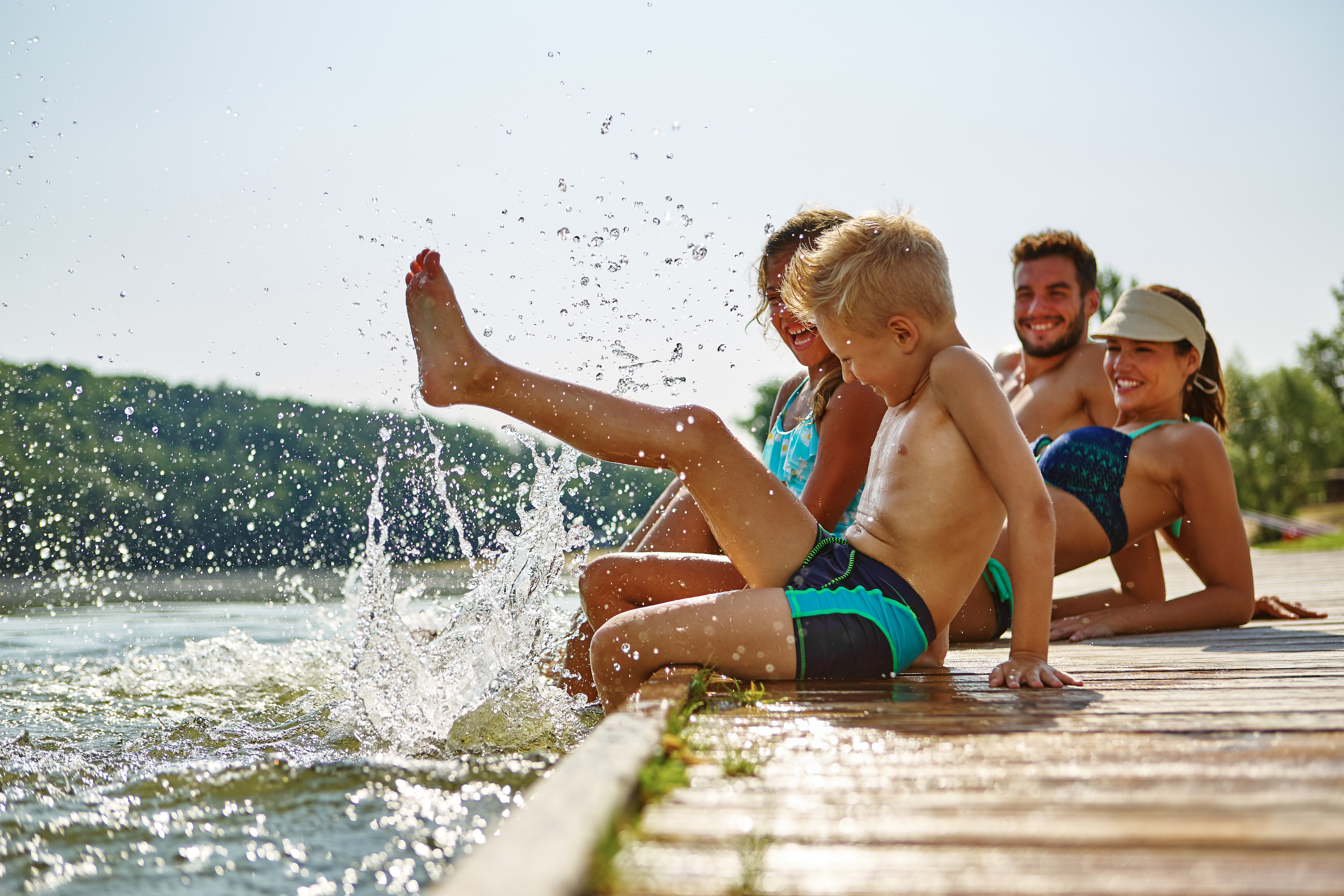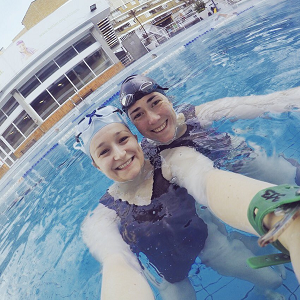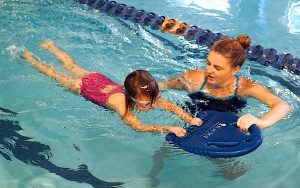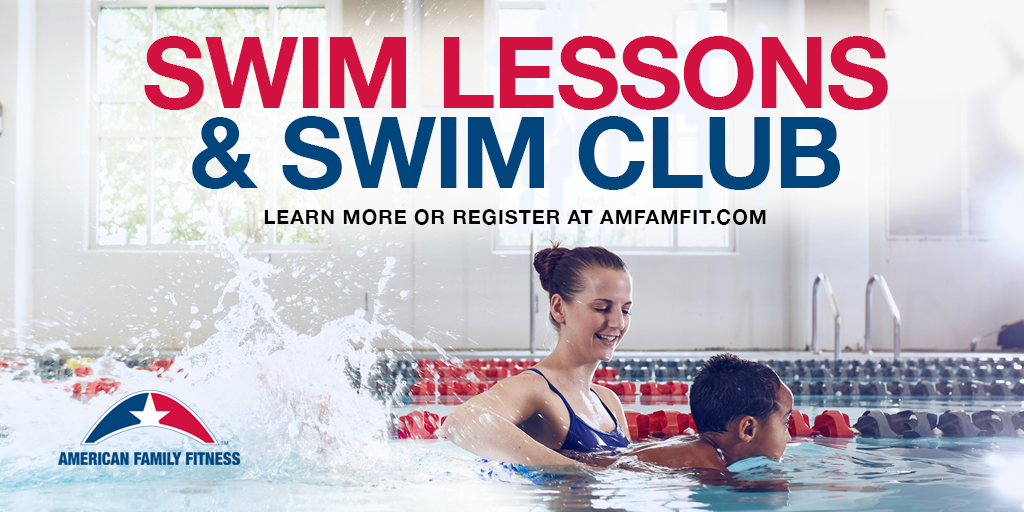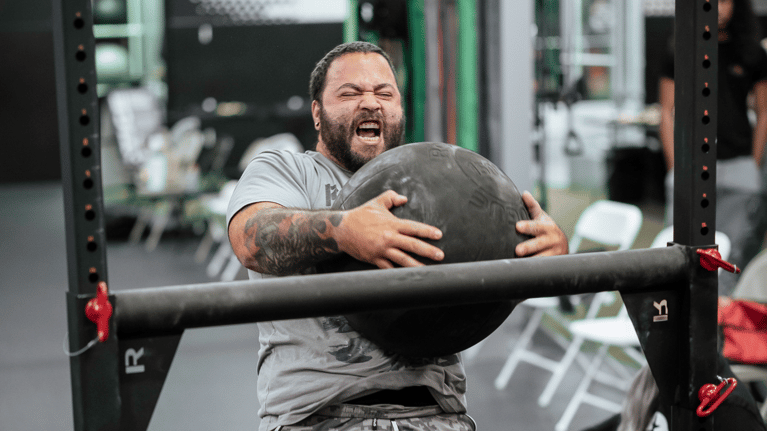By asking “are you ready”, we don’t mean are your bags packed — we want to ensure that you and your families are prepared to spend a fun, safe summer by the water. So many people vacation to the water because of how relaxing water activities can be. Swimming, boating, kayaking, and fishing are all great forms of exercise and relaxation; however, with this joy comes the responsibility of teaching our children and reminding ourselves to respect all bodies of water and learn the skills needed to be safe when we are near it and in it. Since becoming a lifeguard over 36 years ago, I have seen and experienced nearly everything there is in the “world of water” which has shown me the importance of understanding the dangers of swimming and knowing what precautions to take to protect ourselves in the water.
Here are a few safety precautions to get you started as you plan your summer getaway to the water:
Learn to Swim
Learning to swim at a young age teaches safety skills that will benefit you for life. Swim lessons provide safety skills that could very well save your life as well as someone else’s. If you’ve never learned to swim as a child, it’s not too late to learn! You never know when you might be the only person standing between you and someone who is struggling to stay above water or who’s caught in an undercurrent or riptide.
Avoid Distractions
This sounds like a no-brainer, but our world today is full of distractions that pull us out of the present moment. As technology becomes more and more integrated into our everyday lives, now is a good time to remind yourself just how distracting all of it can be. Sadly, year after year there are reports of drownings that occur due to people being distracted by their phones. Constant and vigilant supervision is one of the best ways to prevent a tragedy like drowning, so we recommend turning off all mobile phones that could cause any unwanted distractions, as even a quick two-minute phone call could potentially cause irreversible damage. (And guess what? You don’t have to answer an incoming call right then and there — use that voicemail feature!) If you are using an electronic device as your reading material, please make sure you are still keeping an eye on your children by remaining close enough to see them. Make sure to also lower the volume or pause music that you’re listening to in order to hear your surroundings. The signs of a struggling swimmer are usually silent and can go unnoticed by those distracted on their phones or other handheld technology.
Don’t Step Away Alone
If you must leave the pool deck or area, bring the swimmer with you. Never step away for just a second as so much can happen in just a second. And remember, if you are the supervisor there is no off time!
The Buddy System
Bringing a friend with you to swim is not just a fun idea, it’s a smart idea! This person does not have to swim or know how to swim but is there to keep watch in case you have an emergency and need help while in the water. If you are at a pool with a lifeguard, be aware that they are monitoring many people at once, so think of your buddy as a backup. They can immediately alert the lifeguard if you are in an emergency situation so they can act quickly. The buddy system is great for all ages. Every swimmer should be aware that an emergency can happen while they are swimming no matter their skill level, and having someone nearby to assist is the best way to prevent injury. Just remember that the buddy system works both ways — if you have a friend watching your back, you should be watching their back too!
Personal Flotation Devices (PFDs)
PFDs assist with flotation in the water but should not be utilized as a substitute for watching your child. Be especially careful if your PFD has to be inflated by using your mouth or a manual air pump (like floats rings, arm floaties, inner tubes, and lounge floats). These don’t always hold air and can be punctured fairly easily. Believe it or not, I’ve even seen kids bite into PFDs which caused tiny holes. And if your child is new to the water, PFDs can be intimidating since they are not used to them and don’t know how they work. There is nothing scarier than a panicked child in the water, so always supervise when using PFDs!
Remember ALL water sporting activities should include proper safety equipment and PFDs are an intricate part. Make sure that everyone out on a boat is wearing a life jacket — not just have a life jacket available, but actually WEARING it. Have you ever tried to put one of these on after you have gone overboard? It is not easy, especially if you happen to be in moving water. Don’t just pack it, WEAR your jacket!
Put Your Toys Away
All pool toys should be put away in secured bins or closets. Toys left out can end up in the pool, thereby enticing your child to get into the water to retrieve them. They think they can simply reach in to grab it, but they risk accidentally falling into the pool (which brings me back to number one on my list — learn to swim so an accidental fall doesn’t turn in to tragedy).
Respect the Water
For those who have pools in their own backyard, a daily dip in the water is a common and much welcome occurrence, especially in the summer; however, with this luxury comes the responsibility to possess true respect for the water and what dangers can lurk within it. Did you know that children can drown in as little as 2 inches of water? This makes seemingly harmless water fountains or structures a hazard to children. No matter how much or how little, water can cause irreversible damage to those who don’t practice proper water safety techniques.
We believe it is important to have water safety emergency strategies and many talks about the dangers of water with all family members. With constant supervision and regular education, all water activities can be a safe and enjoyable experience for all. Share these tips with your family, friends, and neighbors to spread water safety knowledge and keep your loved ones safe — do your part and be water smart!
